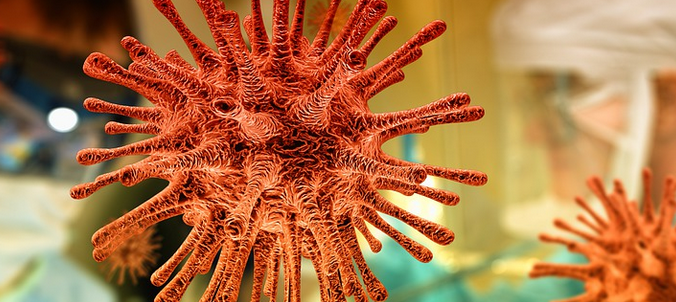Introduction
If you have a dog that has been diagnosed with calcium oxalate stones, it is important to make changes to their diet to prevent future stones from forming. Calcium oxalate stones are a common type of bladder stone in dogs and can be painful and dangerous. In this article, we will discuss the importance of a diet for dogs with calcium oxalate stones and what foods to avoid and include.
What are calcium oxalate stones?
Calcium oxalate stones are mineral deposits that form in the bladder of dogs. These stones are made up of calcium and oxalate, which are naturally occurring substances in the body. When the levels of calcium and oxalate are too high, they can combine and form crystals that eventually become stones.
Symptoms of calcium oxalate stones
Some common symptoms of calcium oxalate stones in dogs include straining to urinate, blood in the urine, frequent urination, and discomfort when urinating. If you notice any of these symptoms in your dog, it is important to take them to the veterinarian for an examination.
Dietary changes for dogs with calcium oxalate stones
One of the most important changes to make in a dog’s diet when they have calcium oxalate stones is to reduce their intake of oxalate-rich foods. These include spinach, rhubarb, beets, nuts, and chocolate. It is also important to reduce the amount of calcium in their diet as well.
Foods to include in a dog’s diet
There are several foods that are safe for dogs with calcium oxalate stones to eat. These include lean protein sources such as chicken, turkey, and fish. Low oxalate vegetables such as green beans, zucchini, and celery are also great options. It is important to speak with your veterinarian about the best diet for your dog’s individual needs.
Hydration is important
Ensuring that your dog is well-hydrated is also important when it comes to preventing calcium oxalate stones. Encourage your dog to drink plenty of water throughout the day, and consider adding moisture to their food by adding water or low-sodium broth.
Supplements to consider
There are several supplements that may be beneficial for dogs with calcium oxalate stones. These include vitamin B6, magnesium, and potassium citrate. However, it is important to speak with your veterinarian before adding any supplements to your dog’s diet.
Conclusion
Dietary changes are an important part of preventing calcium oxalate stones in dogs. Reducing oxalate-rich foods and ensuring that your dog is well-hydrated are key steps in preventing stones from forming. Speak with your veterinarian to develop a diet plan that is tailored to your dog’s specific needs.

